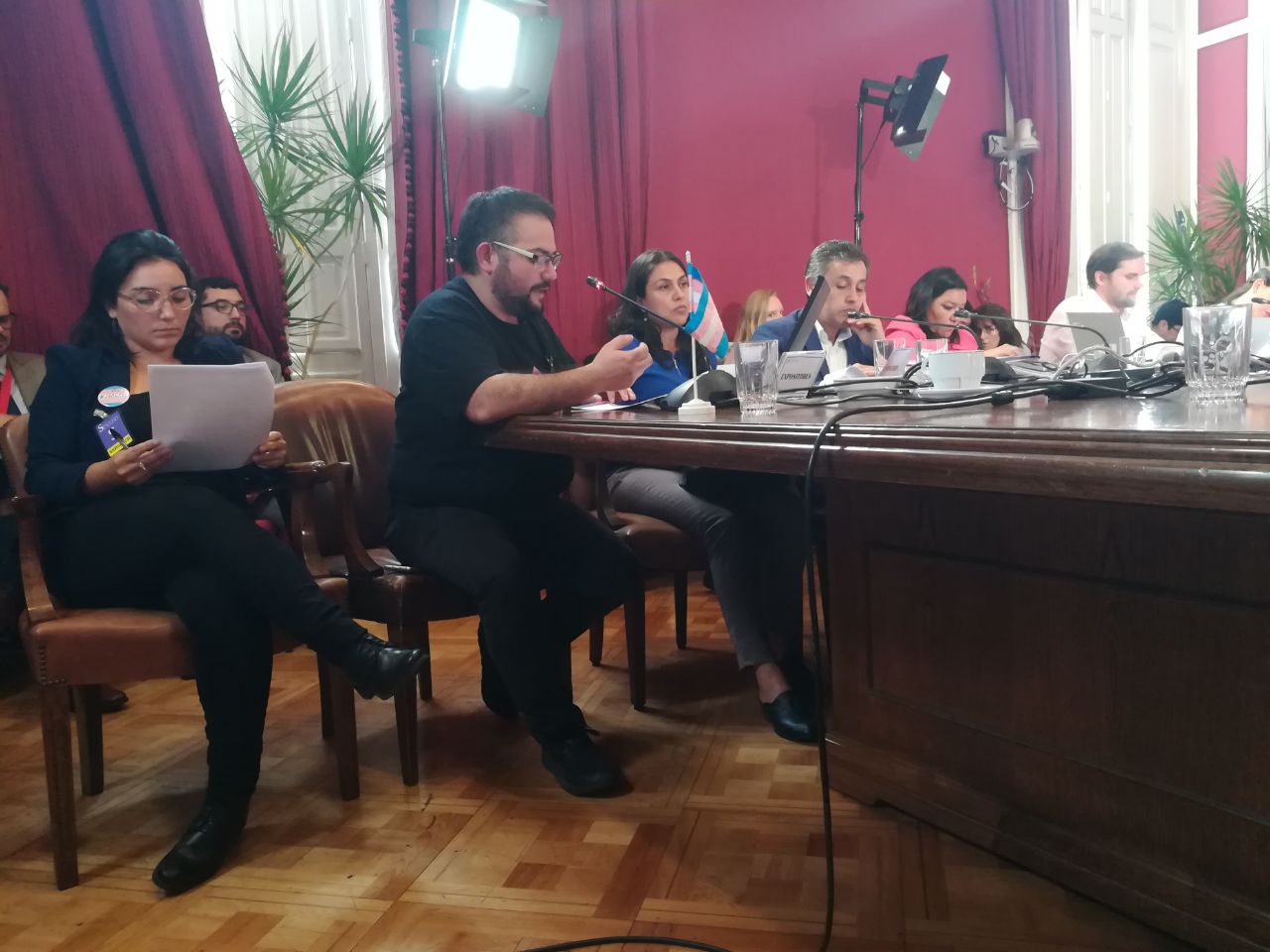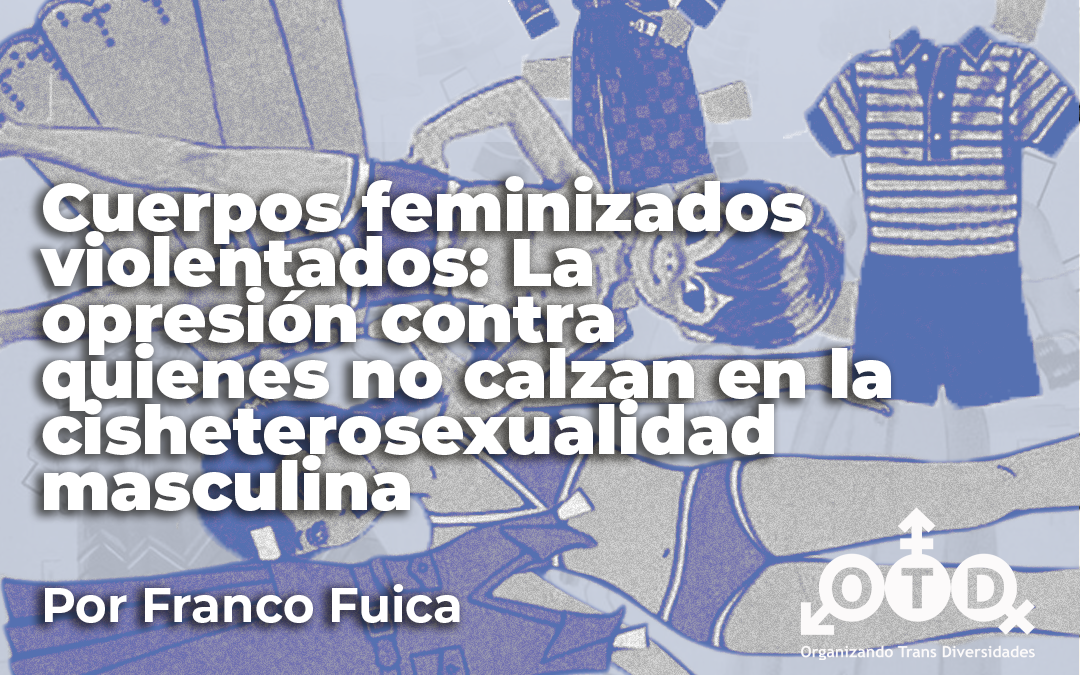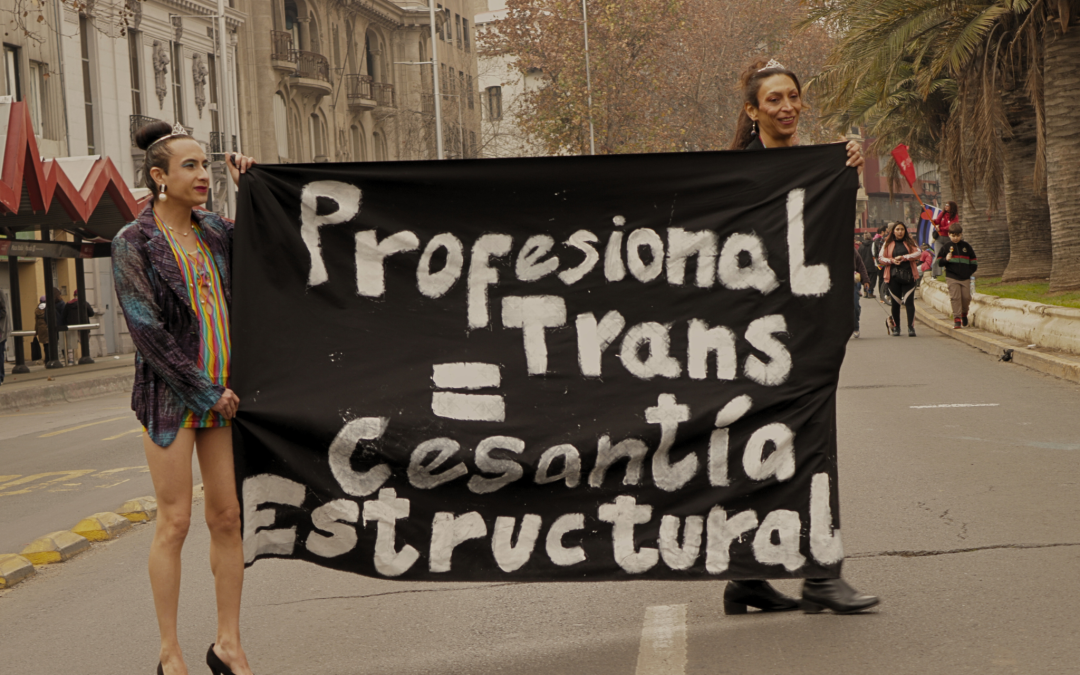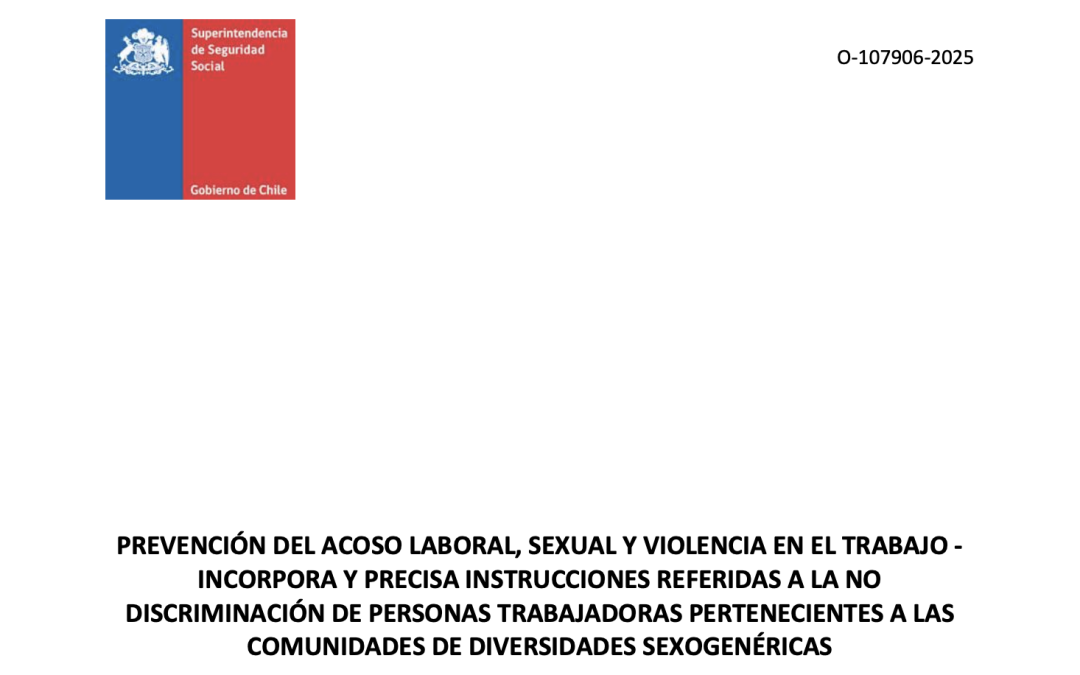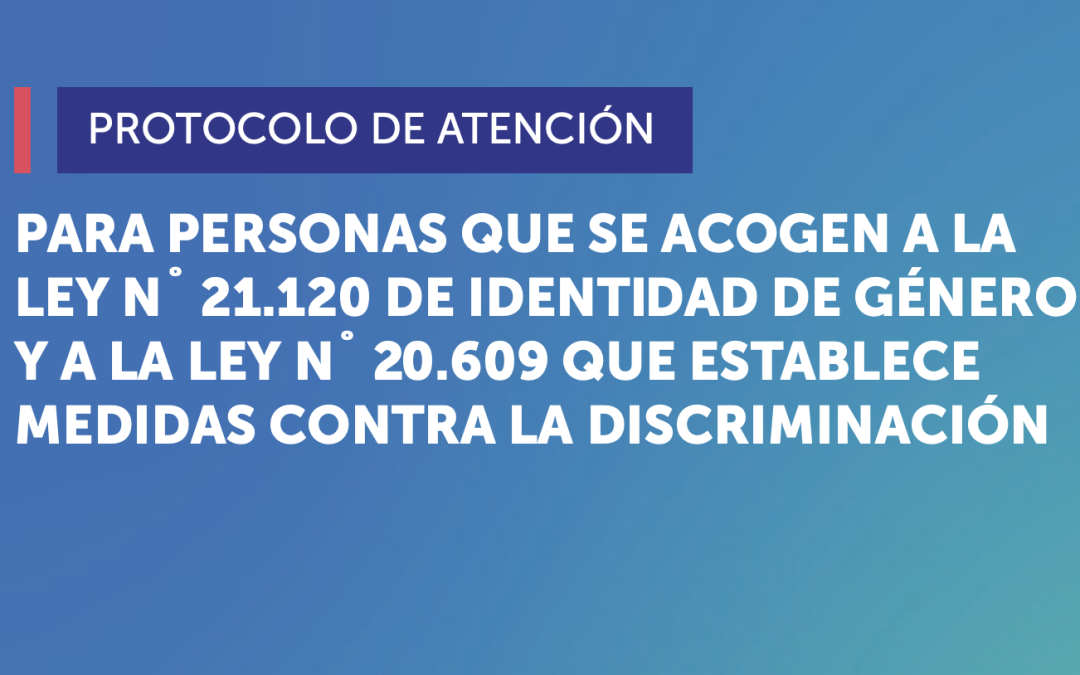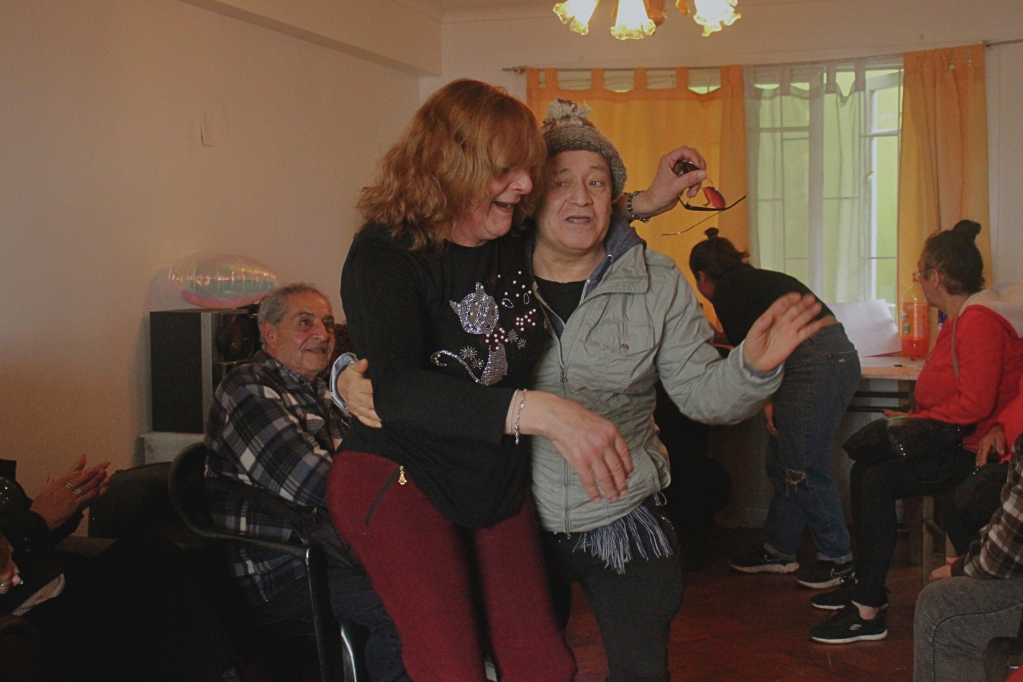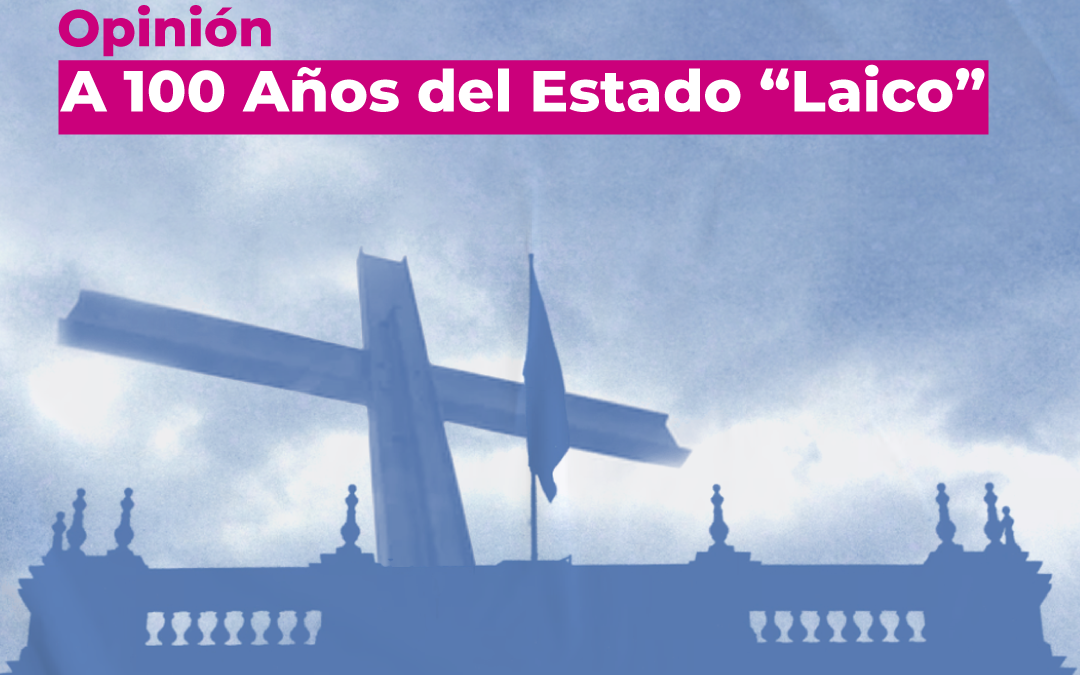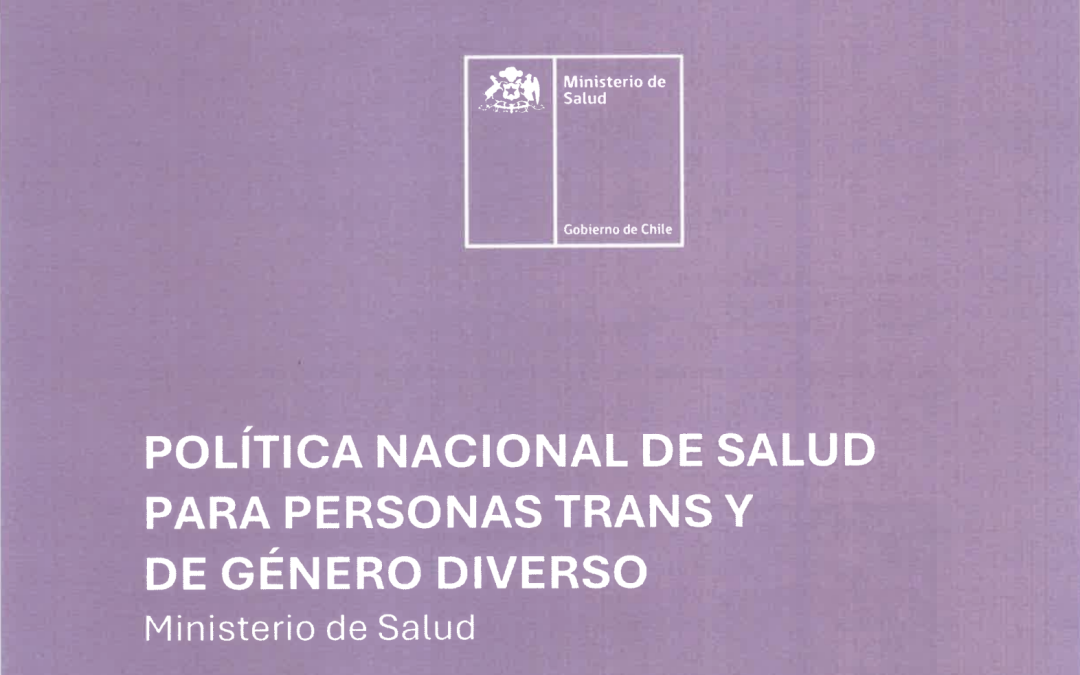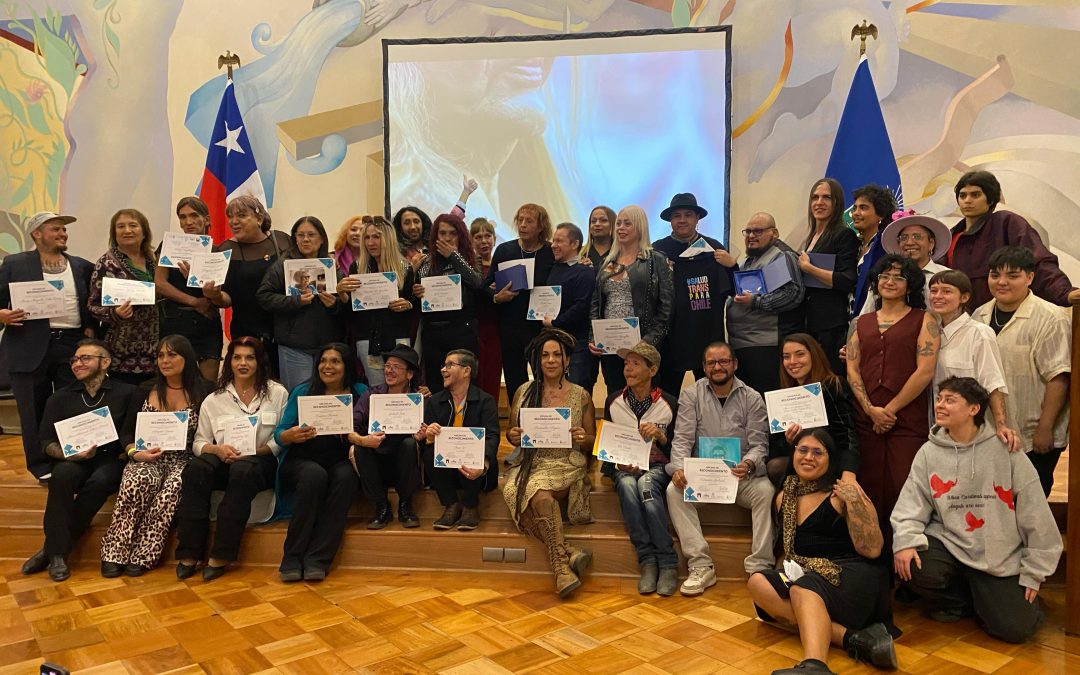La comisión mixta por la Ley de Identidad de Género (LIG) sesionó ayer por segunda vez y en esta ocasión intervino el presidente de Organizando Trans Diversidades, Franco Fuica, la única persona trans que expuso ante la comisión. En el ex Congreso Nacional les parlamentaries recibieron además al ministro de justicia, Hernán Larraín, quien fue acompañado por el ministro secretario general de la presidencia , Gonzalo Blumel y la subsecretaria de Derechos Humanos, Lorena Recabarren.
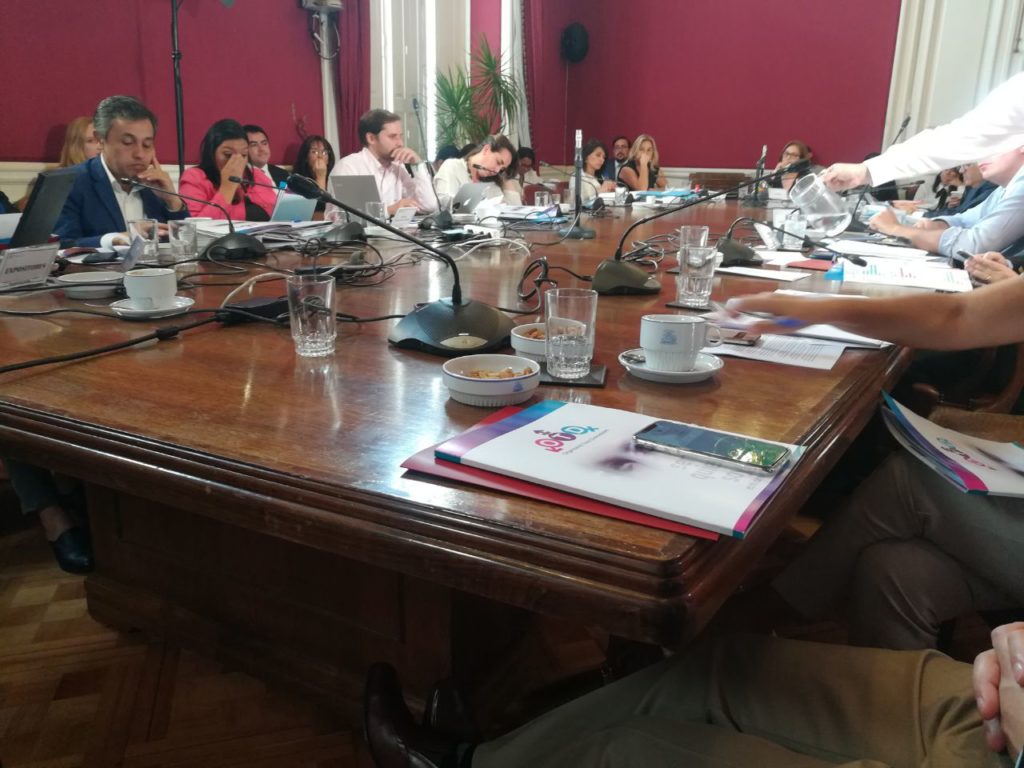
Fuica comenzó su presentación con un adelanto exclusivo de los videos promocionales de la Encuesta-T sobre las altas tasas de intentos de suicidio de las personas trans, que fue recibido con respeto y en silencio por les parlamentaries. Luego su exposición se centró en mostrar la realidad de las personas trans y finalizó con un emotivo mensaje sobre su propia realidad como transgénero.
Por su parte, el Gobierno propuso, para continuar con el trámite de la LIG, que les adultes trans puedan acceder al cambio de nombre y sexo en el registro civil, sin patologización, como un trámite administrativo irreversible. Mientras que les adolescentes de entre 14 y 18 años podrán hacer el cambio en los tribunales de familia, sólo si ambos padres o tutores están de acuerdo, pero tendrán prohibida la posibilidad de hacer modificaciones corporales irreversibles.
Les menores de 14 años no serán considerades en la normativa, pero si se les prestará ayuda médica y educativa si es que así lo requieren. Larraín reconoció que ya es innegable la realidad de las personas trans, sin embargo, considera que con les niñes no se pueden tomar decisiones definitivas. Además recalcó que la voluntad del gobierno no es patologizar, “no hay afán de transformar esto en una enfermedad”, y que su idea es buscar un acuerdo para encontrar soluciones.
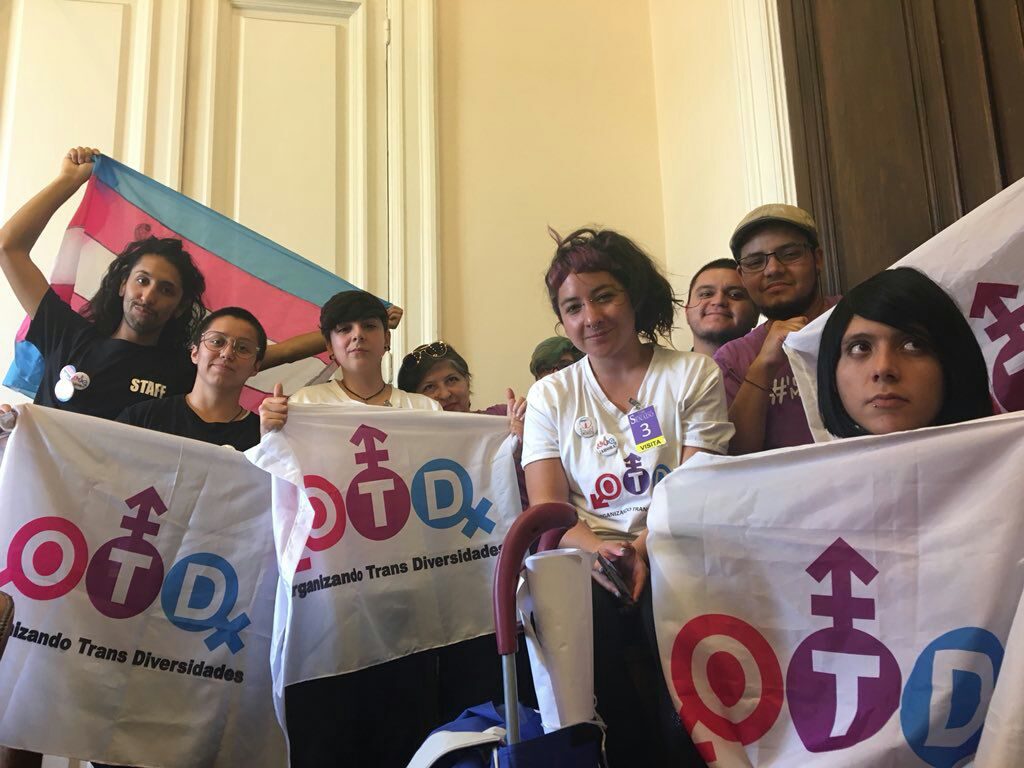
El presidente de la Asociación valoró que se haya avanzado en incluir a les niñes, pero que ahora llega el momento de evaluar las indicaciones que se presentarán y cuyo plazo vence hoy 10 de abril. “Estamos en un momento crítico, es la última opción de alcanzar una ley y aunque no tenemos espacio para avanzar con todo lo que quisiéramos, nuestro objetivo es que se apruebe y se mantengan los principios”.
Sobre la presentación de Walter Haeyer, un ciudadano estadounidense arrepentido de su transición de género, Fuica indicó que demuestra un esfuerzo desesperado de los grupos conservadores por interrumpir el avance del proyecto. “Es lamentable que no reconozca que la vivencia de una persona trans es viable y estable”, dijo. La comisión también escuchó a la endocrinóloga de la Universidad de Los Andes, Francisca Ugarte, quien utilizando cifras absurdas trató de minimizar la existencia de personas trans. Por último y de manera reservada expuso a Fundación de niñes trans Renaciendo.
OTD (Organizing Trans Diversities) Chile presented before the mixed commission of the Gender Identity Law
The mixed commission for the Gender Identity Law (GIL) met yesterday for the second time and on this occasion the president of Organizando Trans Diversidades (Organizing Trans Diversities), Franco Fuica, was the only Trans person who spoke before the commission. In the former National Congress, the parliamentarians also received the Justice Minister, Hernán Larraín, who was accompanied by the Minister General Secretary of the Presidency, Gonzalo Blumel and the undersecretary of Human Rights, Lorena Recabarren.
Fuica began his presentation with an exclusive preview of the promotional videos of the T Survey (the first survey about transgender and non-conforming gender population in Chile) about the high rates of suicide attempts of trans people, which was received with respect and in silence by the parliamentarians. Then, his presentation focused on showing the reality of trans people and ended with an emotional message about his own reality as transgender.
For its part, the Government proposed, in order to continue with the procedure of the GIL, that trans adults can change their name and sex in the Civil Registry, without pathologization, as an irreversible administrative procedure. While adolescents between 14 and 18 years old will be able to make the change in family courts, only if both parents or guardians agree, but they will be prohibited from making irreversible body modifications.
Children under 14 years will not be considered in the regulations but will be provided with medical and educational help if it is required. Larraín acknowledged that the reality of transgender people is undeniable. However, Larraín believes that in terms of children no definitive decisions can be taken. In addition, Larraín stressed that the government’s will is not to label it as a pathology “there is no desire to transform this into a disease”, he said. But also, his idea is to seek an agreement in order to find solutions.
The President of the Association appreciated that the progress has been made in including children, but it is now the time to evaluate the indications what will be presented and whose term expires today 10 April. “We are facing a critical moment, it is our last option to succeed in achieving a law and although we have no place to move forward with the things we would like, our goal is for the law to be approved and to uphold the principles.”
About Walter Haeyer’s presentation (an American citizen who regrets about his gender transition), Fuica says that it shows a desperate effort by the conservative groups to disrupt the progress of the project. “It is unfortunate that you do not recognize that the experience of a trans person is viable and stable,” he said. The Commission also listened to the endocrinologist at Universidad de Los Andes, Francisca Uguarte, who using absurd figures tried to minimize the existence of transgender people. Finally, and in a reserved way, she exposed the trans children’s Foundation ‘Renaciendo’.
